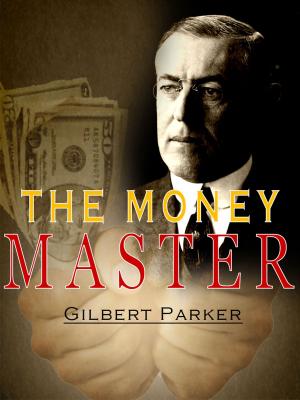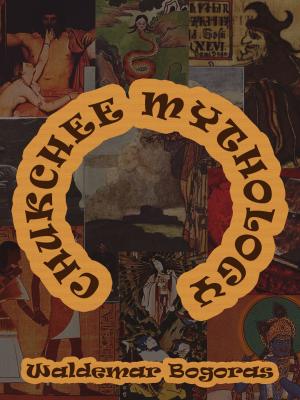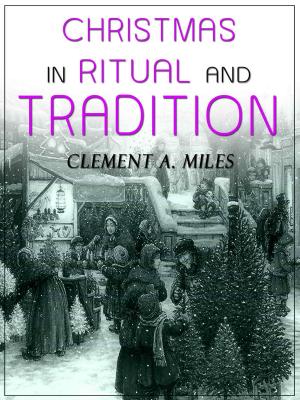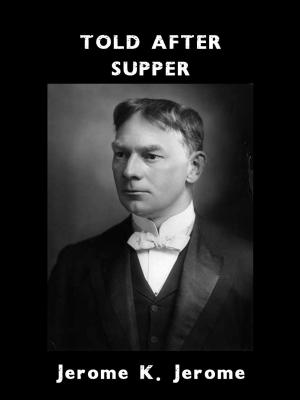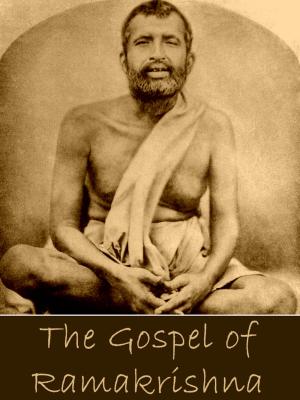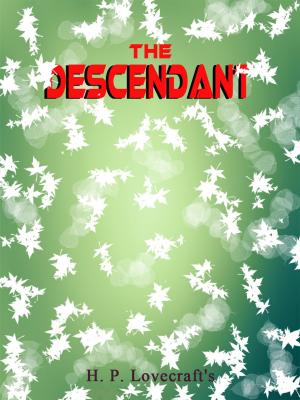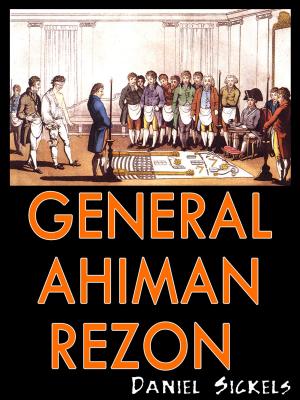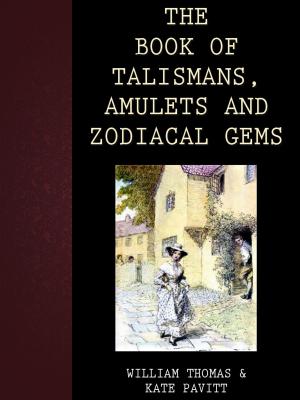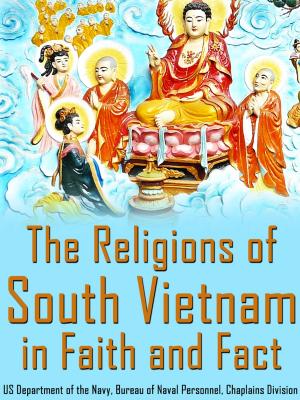Mankind United
Nonfiction, Religion & Spirituality, Inspiration & Meditation, Inspirational, Spirituality, Fiction & Literature, Classics| Author: | Arthur Bell | ISBN: | 1230000031276 |
| Publisher: | AppsPublisher | Publication: | November 18, 2012 |
| Imprint: | Language: | English |
| Author: | Arthur Bell |
| ISBN: | 1230000031276 |
| Publisher: | AppsPublisher |
| Publication: | November 18, 2012 |
| Imprint: | |
| Language: | English |
Mankind United
by Arthur Bell
"20th century California was a prolific hotbed of new religions. One of the lesser-known of these was the 'Mankind United' cult. The primary reason this group is of interest is because of a sociological study by a scholar from Harvard, California Cult, The Story of 'Mankind United' by H.T. Dohrman, (Beacon Press, Boston, 1958), which was one of the first such studies to examine a new religion.
Founded by Arthur Bell in the depths of the Great Depression, Mankind United claimed that a huge malevolent conspiracy ran the world, (the "Hidden Rulers" and "Money Changers") responsible for war, poverty and injustice. Opposing them were the "Sponsors", founded in 1875. The Sponsors were shortly going to announce their presence, and put in place a world-wide utopia, based on universal employment, a financial system of credits, and an artificial language. The work day would be four hours a day, four days a week. However, in order to do so, they had to get massive support for their plan, promoted by the 'Pacific Coast Division of North America, International Registration Bureau.' When 200 million people accepted the Mankind United plan, the Sponsors would make their move, and within 30 days utopia would ensue.
Of course, there were no Sponsors, no International Bureau: the group was founded by Arthur Bell, never got much further than the Oregon border and never numbered more than a few thousand adherents, if that. The only true beneficiary of the group was Bell, who had several luxurious apartments and mansions, including a swinging pad in Hollywood on the Sunset Strip with an indoor swimming pool, a pipe organ and a secret cocktail bar (alcohol was forbidden to the rank and file) [Dohrman, pp. 89-90]. Bell was seen in the swankest nightclubs and was a good tipper. He received $50,000 a year in tax-free income, which adjusted for inflation would be the equivalent of nearly a million today. His devotees, on the other hand, worked in various cult businesses full time, including hotels, ranches and shops. They were paid less than $40 a month, and worked up to 16 hours a day, seven days a week, year round [Dorhman p. 59]--quite a bit more than four hours a day, four days a week as promised in this book.
The group came under surveillance during World War II. They incorporated as a church ('The Church of the Golden Rule') to obtain tax exemption. Bell made bizarre claims, including that he could be in several different places at once, and that the Sponsors had advanced technology which would allow the dead to be resurrected on a distant planet [Dohrman p. 72]. In 1951 Bell abdicated and the cult withered away completely. Unlike other groups of that time such as 'I AM' there were no successors.
This book, Mankind United, was the primary text of the cult. It was undoubtedly written by Arthur Bell. The date of publication is uncertain; the copy used here has '1937' pasted on the verso, and library entries vary from 1936 to 1938. Much of the cult income was derived from sales of this book. It is written in a turgid, repetitive style, with overuse of bold type and large blocks of capitalized text. Of interest is the description of the ant-hill dystopia that the Hidden Rulers had in store for humanity (Chapter VI), which could be straight out of a Golden Age science fiction yarn."
Mankind United
by Arthur Bell
"20th century California was a prolific hotbed of new religions. One of the lesser-known of these was the 'Mankind United' cult. The primary reason this group is of interest is because of a sociological study by a scholar from Harvard, California Cult, The Story of 'Mankind United' by H.T. Dohrman, (Beacon Press, Boston, 1958), which was one of the first such studies to examine a new religion.
Founded by Arthur Bell in the depths of the Great Depression, Mankind United claimed that a huge malevolent conspiracy ran the world, (the "Hidden Rulers" and "Money Changers") responsible for war, poverty and injustice. Opposing them were the "Sponsors", founded in 1875. The Sponsors were shortly going to announce their presence, and put in place a world-wide utopia, based on universal employment, a financial system of credits, and an artificial language. The work day would be four hours a day, four days a week. However, in order to do so, they had to get massive support for their plan, promoted by the 'Pacific Coast Division of North America, International Registration Bureau.' When 200 million people accepted the Mankind United plan, the Sponsors would make their move, and within 30 days utopia would ensue.
Of course, there were no Sponsors, no International Bureau: the group was founded by Arthur Bell, never got much further than the Oregon border and never numbered more than a few thousand adherents, if that. The only true beneficiary of the group was Bell, who had several luxurious apartments and mansions, including a swinging pad in Hollywood on the Sunset Strip with an indoor swimming pool, a pipe organ and a secret cocktail bar (alcohol was forbidden to the rank and file) [Dohrman, pp. 89-90]. Bell was seen in the swankest nightclubs and was a good tipper. He received $50,000 a year in tax-free income, which adjusted for inflation would be the equivalent of nearly a million today. His devotees, on the other hand, worked in various cult businesses full time, including hotels, ranches and shops. They were paid less than $40 a month, and worked up to 16 hours a day, seven days a week, year round [Dorhman p. 59]--quite a bit more than four hours a day, four days a week as promised in this book.
The group came under surveillance during World War II. They incorporated as a church ('The Church of the Golden Rule') to obtain tax exemption. Bell made bizarre claims, including that he could be in several different places at once, and that the Sponsors had advanced technology which would allow the dead to be resurrected on a distant planet [Dohrman p. 72]. In 1951 Bell abdicated and the cult withered away completely. Unlike other groups of that time such as 'I AM' there were no successors.
This book, Mankind United, was the primary text of the cult. It was undoubtedly written by Arthur Bell. The date of publication is uncertain; the copy used here has '1937' pasted on the verso, and library entries vary from 1936 to 1938. Much of the cult income was derived from sales of this book. It is written in a turgid, repetitive style, with overuse of bold type and large blocks of capitalized text. Of interest is the description of the ant-hill dystopia that the Hidden Rulers had in store for humanity (Chapter VI), which could be straight out of a Golden Age science fiction yarn."

